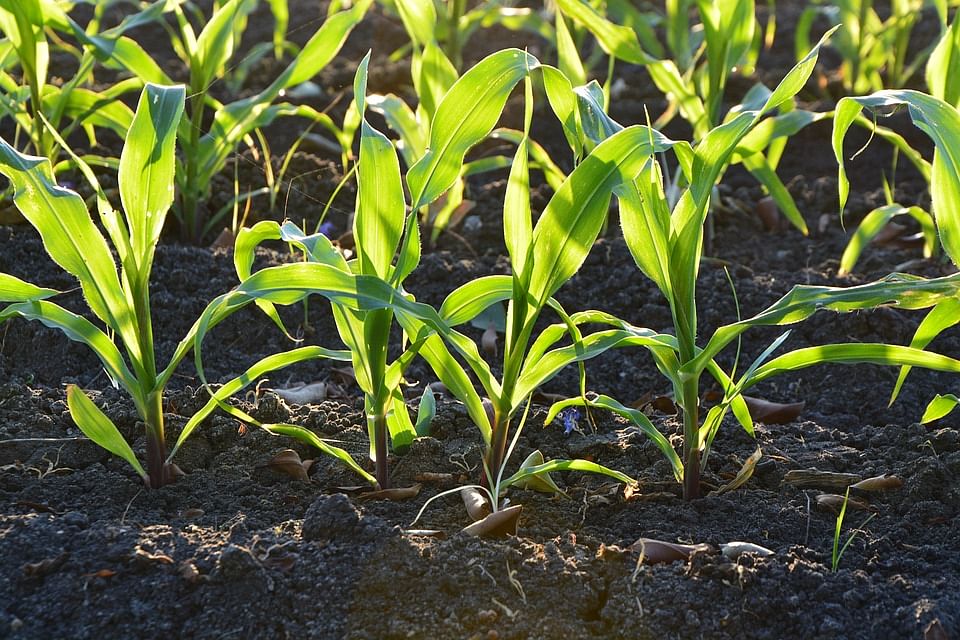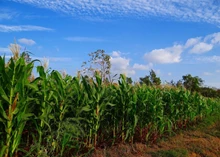
The Botswana National Development Bank (NDB) has joined forces with Germany and Deutsche Gesellschaft for Internationale Zusammenarbeit (GIZ) to unveil the Green Energy Transition for Sustainable Agriculture project. This ambitious initiative aims to tackle global environmental concerns by promoting sustainable farming practices and reducing greenhouse gas emissions.
During the project's launch ceremony, Ogone Madisa, CEO of the NDB, emphasized the pressing need to address the significant contribution of agriculture, forestry, and land use to global greenhouse gas emissions. Currently, these sectors account for approximately 24 percent of total emissions, with electricity and heat production contributing an additional 25 percent. Madisa stressed that combating climate change requires increased ambition and adequate climate finance to mitigate its negative impacts.
The primary goal of the Green Energy Transition for Sustainable Agriculture project is to provide subsidies to small and medium-sized off-grid farmers and horticulture producers in Botswana. By adopting green technologies and implementing smart farming techniques, these farmers will be able to enhance agricultural and horticultural production while simultaneously reducing their carbon footprint.
The project has secured 850,000 euros (approximately 931,000 U.S. dollars) in funding from the International Climate Initiative of the German Ministry of Environment. In addition to financial support, Botswana will benefit from technical assistance provided by the GIZ team, which will play a vital role in implementing the project.
The allocated funds will be prioritized to facilitate various environmentally friendly interventions. Solar engine replacements, the installation of solar water pumps, solar heating, cooling, and lighting, energy-saving solutions, water-efficient irrigation systems, and controlled farming conditions are among the areas that will receive financing. By promoting energy efficiency and sustainable water usage, the project aims to revolutionize agricultural practices in Botswana.
Under the initiative, farmers who propose ideas that demonstrate the best environmental outcomes will be eligible for a substantial 65 percent subsidy. These individuals will be required to contribute the remaining 35 percent of the project's funding, encouraging active involvement and financial responsibility.
The Green Energy Transition for Sustainable Agriculture project holds immense potential for Botswana, as it combines financial support, technical expertise, and innovative solutions to propel the country towards a greener and more sustainable future. By empowering local farmers and horticulture producers to adopt environmentally friendly practices, Botswana takes a significant step forward in addressing climate change and securing a better future for its agricultural sector.











